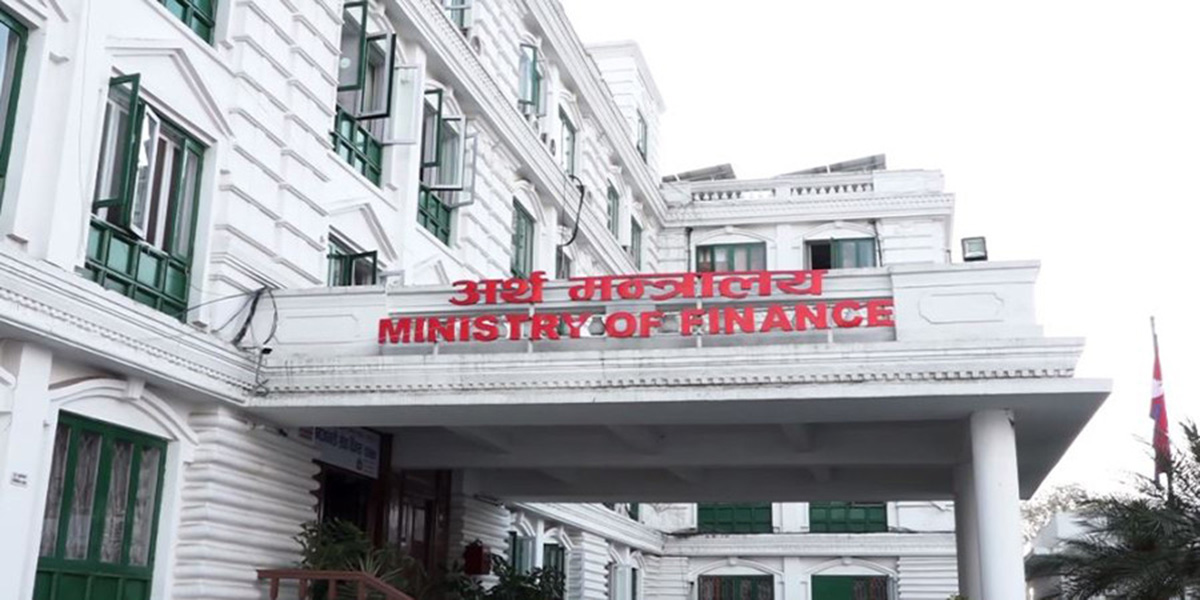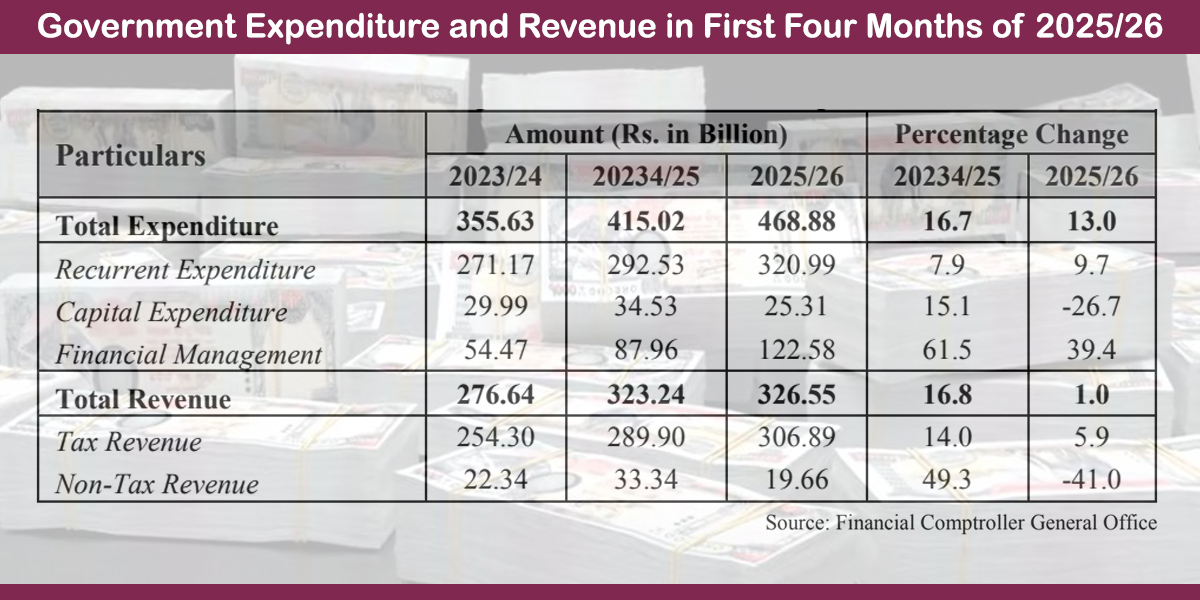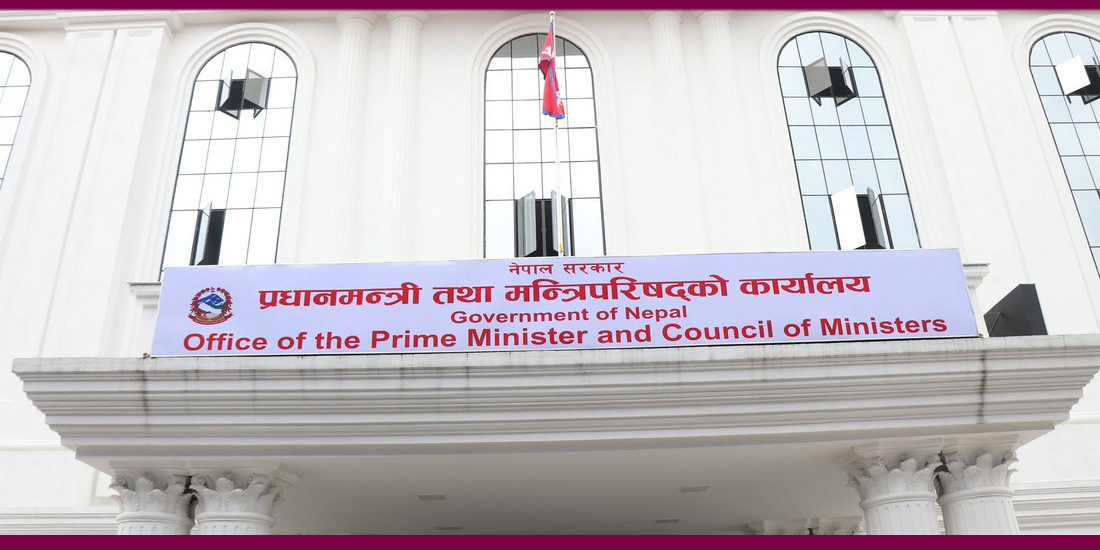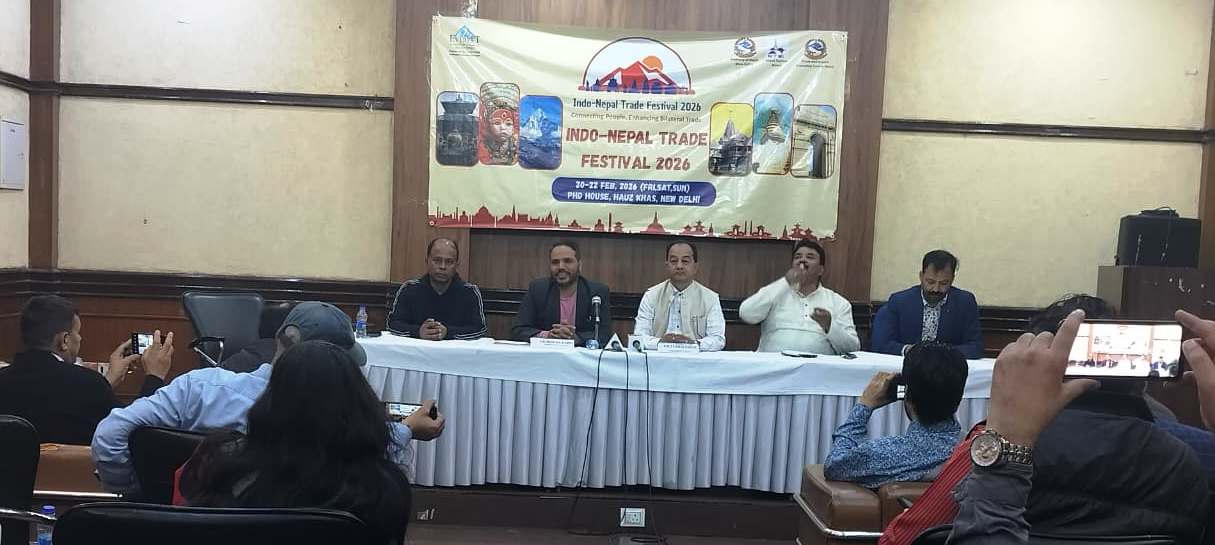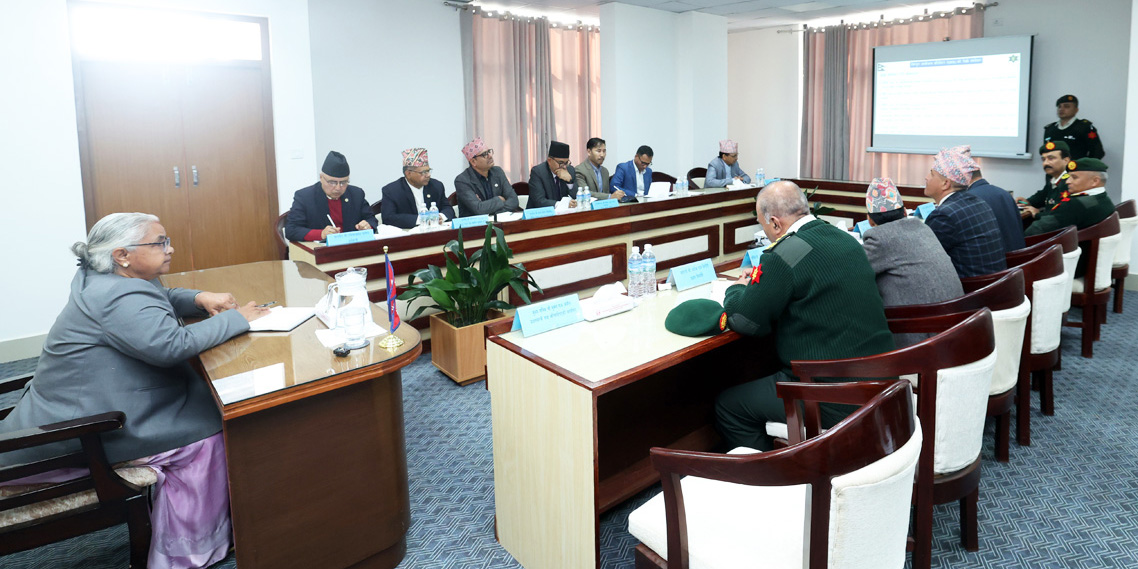
KATHMANDU: The Federation of Nepalese Chambers of Commerce and Industry (FNCCI) has stated that the budget for the next fiscal year has increased the possibility of attracting long-term investment.
Making its reaction on the budget for the fiscal year 2023/24 public on Monday, the FNCCI commended the budget for recognizing the private sector as a driver of economic development. However, the FNCCI also pointed out that the budget failed to address the ongoing market recession. “While the budget, which incorporates suggestions presented by the FNCCI, enhances the possibility of long-term investment, immediate measures to alleviate the impact of the recession have not been adopted,” FNCCI said in a statement.
FNCCI has welcomed new developments concerning environmental impact assessments, land acquisition, utilization of timber and forest products, and the exploration of mines, such as the one in Dhaubadi of Nawalparasi. Additionally, it said that the decision to allow the export of sand and aggregates without harming the environment is expected to contribute to reducing the trade deficit.
The apex body of the Nepali private sector also noted that initiatives like prioritizing domestic products, utilizing cement for road paving, developing special economic zones and industrial zones, and promoting the cultivation of barren land will facilitate import substitution. FNCCI has welcomed provisions such as cash grants for startups and the facilitation of the company registration process, stating that these measures will encourage increased participation in businesses.
However, the FNCCI has voiced objection to the decision to raise customs duty on vegetable ghee and oil. “The increase in customs duty on crude oil and vegetable ghee will raise their prices in the domestic market,” cautioned the FNCCI. “The budget also overlooked the private sector’s demand for differentiated duties on raw materials and finished products.”
It also said that the decision to levy VAT on the transportation sector could have counterproductive effects. Similarly, the FNCCI has called for a revision of VAT on certain agricultural products and fruits.

 Himal Press
Himal Press 
